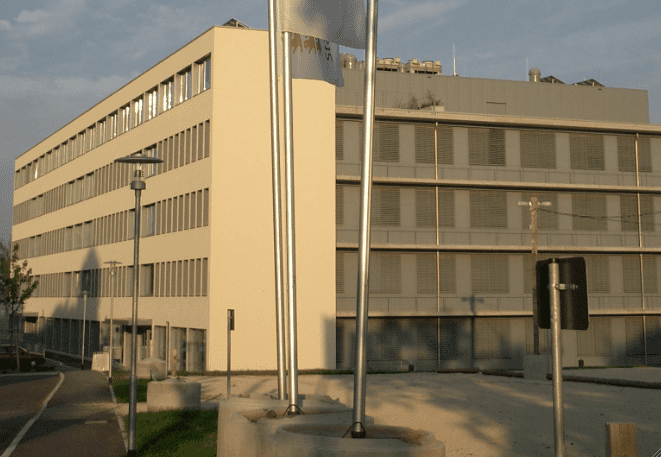
immatics’ vaccine increases survival in kidney cancer
pharmafile | July 30, 2012 | News story | Research and Development, Sales and Marketing | IMA901, Vaccine, Yervoy, immatics, phase III
immatics’ investigational cancer vaccine has increased survival rates in patients with renal cell carcinoma.
In a late-stage trial, the German biotechnology firm found that patients using its immunotherapy drug IMA901 experienced longer survival times when given the vaccine.
IMA901 is world’s the first multi-peptide therapeutic cancer vaccine for renal cell carcinoma (RCC), and is made up of ten tumour-associated peptides (TUMAPs), which are found on tumour cells in RCC patients.
The two studies, published in Nature Medicine, confirmed that naturally presented TUMAPs are clinically relevant in the development of cancer vaccines and can produce meaningful outcomes.
immatics said that this was in contrast with a number of other cancer vaccine approaches, as its studies demonstrate that patients who have a broad anti-tumour immune response experience extended survival.
The studies also identified two biomarkers that could help determine which patients are most likely to achieve an overall survival benefit in future studies with IMA901, something that could make the regulatory path easier to navigate for the firm.
An ongoing Phase III trial with IMA901 aims to confirm that these two biomarkers are predictive of improved overall survival – full results are expected to be published next year.
Paul Higham, immatics’ chief executive, said: “The potential of IMA901 to extend survival times for patients with renal cancer while offering a very good side effect profile is very exciting and offers the potential of real clinical benefit to patients with RCC.
“Our results so far illustrate the power of our rational approach to cancer vaccine development. We look forward to confirming the positive findings we have generated when we report the results from our ongoing pivotal Phase III trial with IMA901.”
Cancer vaccines are the new ‘hot ticket’ in oncology, with Dendreon’s prostate cancer drug Provenge being the first cancer vaccine to be approved in 2010.
This was followed by Bristol-Myers Squibb’s melanoma vaccine Yervoy, which was approved in the US last year.
The two drugs have had contrasting fortunes, with Dendreon succumbing to manufacturing and production issues that have hampered Provenge’s growth prospects.
But BMS, being a bigger firm with better M&P capabilities has had less trouble, with sales of Yervoy reaching $162 million in the second quarter.
immatics will need to learn the lessons of Dendreon’s struggles if its drug is approved in the near future, otherwise it may succumb to the same troubles.
Ben Adams
Related Content

Moderna shares update on RSV vaccine
Moderna has announced that the US Food and Drug Administration (FDA) has shared that it …

GSK shares new data for RSV vaccine Arexvy
GSK announced positive results from its phase 3 trial which assessed the immune response and …

GSK and Zhifei partner for shingles vaccine promotion in China
GSK has announced that it has come to an exclusive agreement with Chingqing Zhifei Biological …








